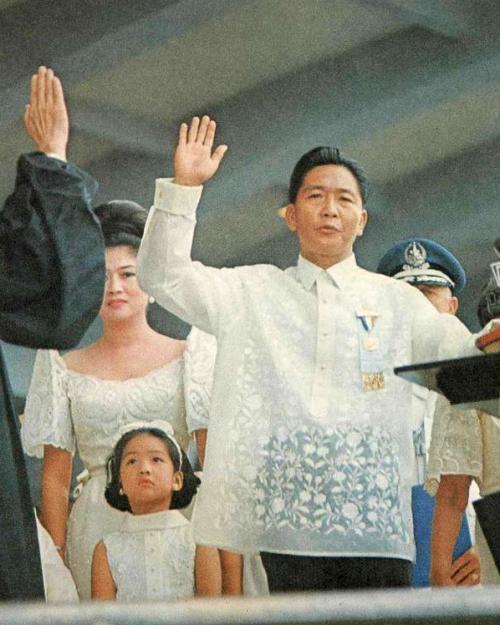Next week marks the 50th anniversary of the late President Ferdinand Marcos imposing martial law on the Philippines.
Christine Bacareza Balance is an associate professor of Asian American studies. Her current book project, “Making Sense of Martial Law,” analyzes former President Marcos and First Lady Imelda Marcos during their 21-year dictatorial rule.
Balance says: “This year’s anniversary of Philippine martial law is momentous not only because it is a landmark year but also because of the presidential election of Ferdinand ‘Bongbong’ Marcos, Junior – the former president’s son – this past May. The current president has promised to make right the legacy of his father’s presidency and family’s rule. And he has done so through the censorship of children’s books on martial law, social media campaigns heralding his father’s presidency as a ‘golden era,’ and continually denying historical facts, instead painting his family as the ‘victims.’
“As Americans, we can recognize these trends of historical revisionism and media mis/disinformation in our own current political landscape. We can also take this opportunity to reflect upon the United States’ historical role in shaping Philippine politics. Reckoning with the long history of U.S. war and empire in Asia/Pacific region.
“If U.S. historians took seriously the Philippines in their studies of dictatorship, we, as a people, might better understand America’s vexed place in the world, recognizing Philippine martial law history as our part of our own U.S. history, as well."
For interviews contact: Becka Bowyer, cell: (607) 220-4185, rpb224@cornell.edu.




